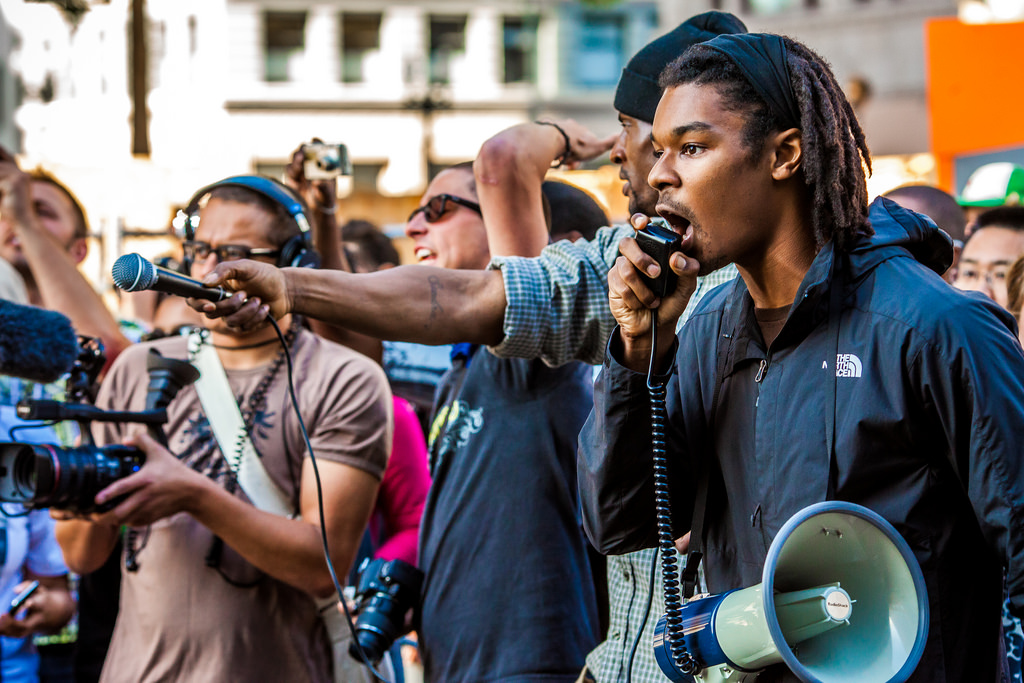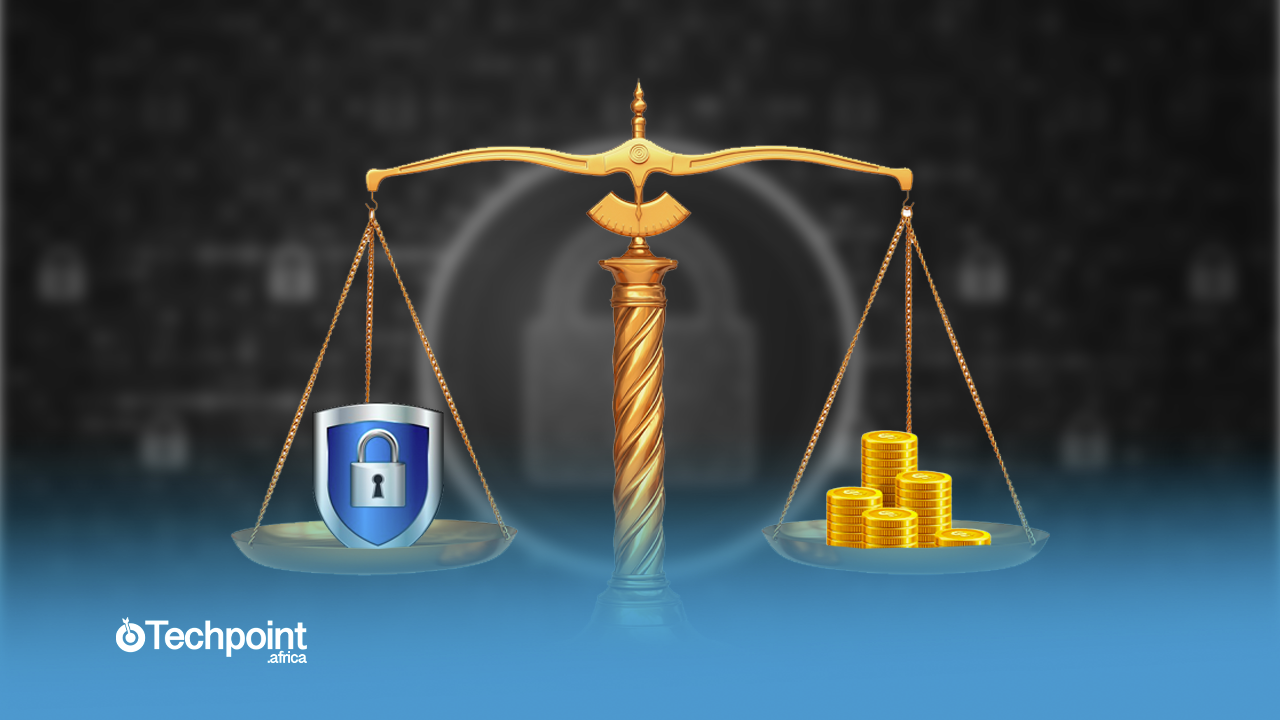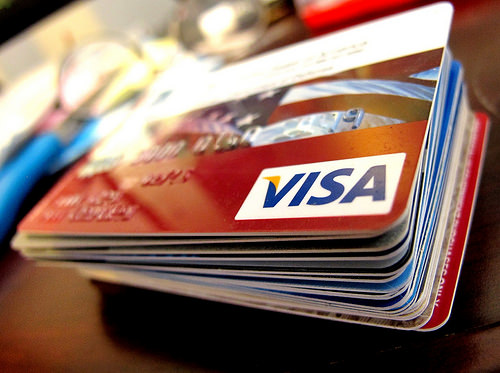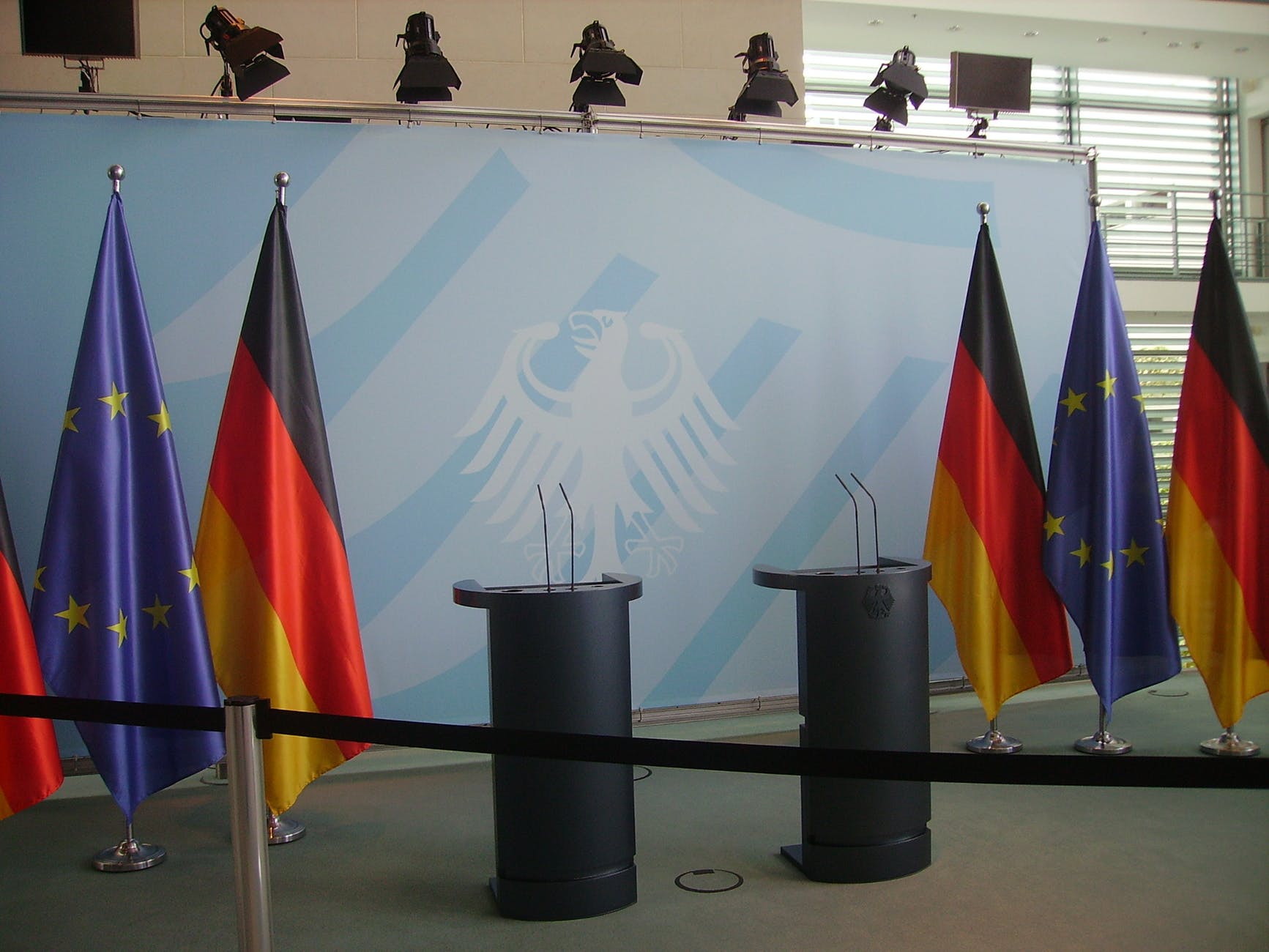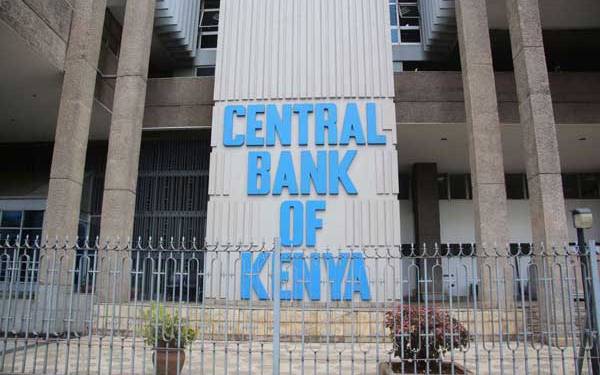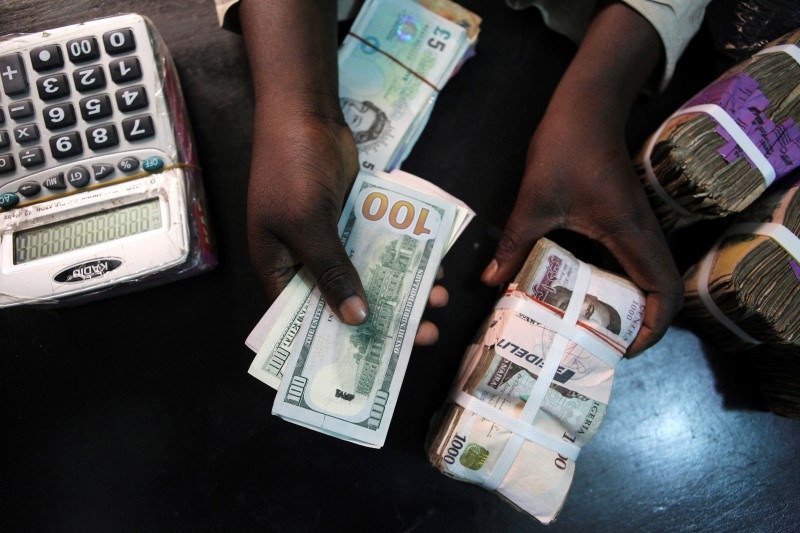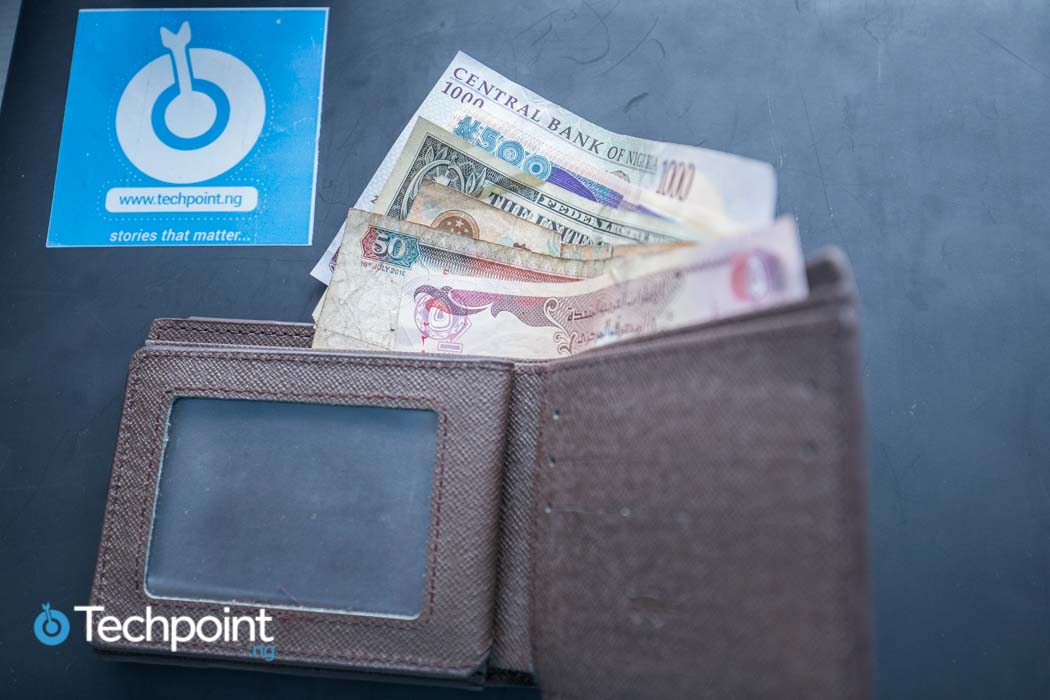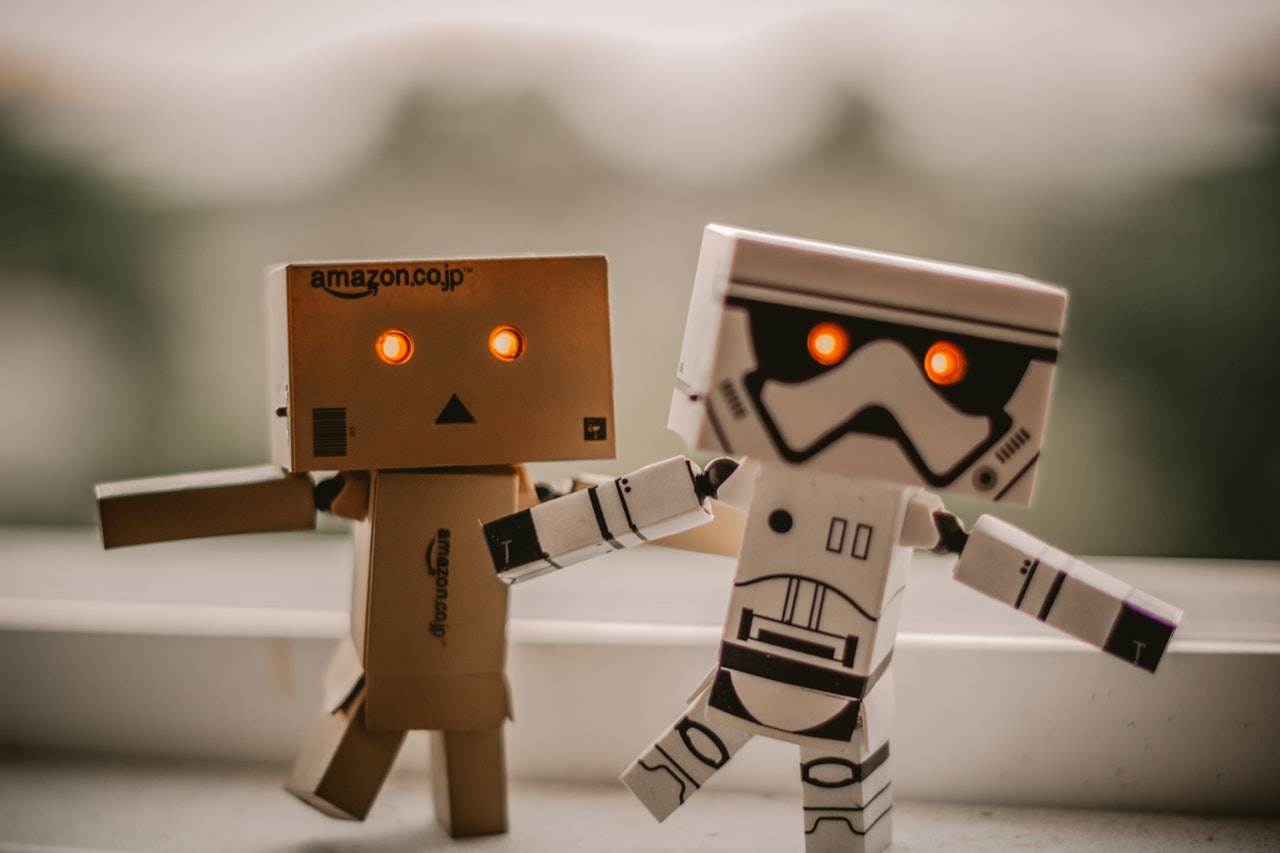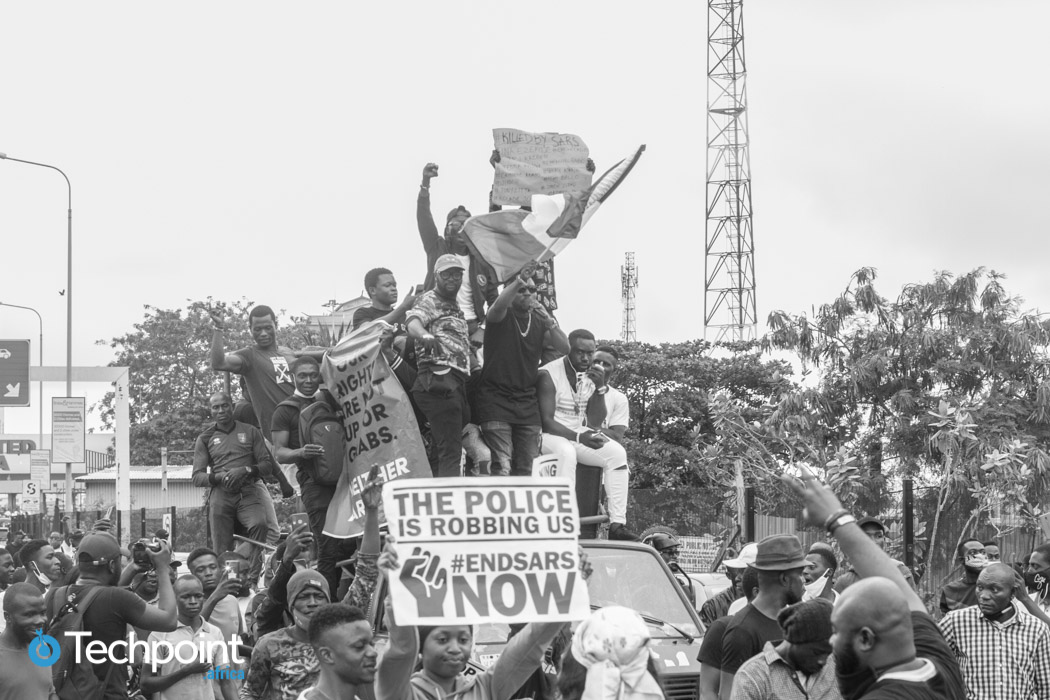This article was published in November 2019
We are all blind
The famous Indian parable of the six blind men and the elephant popularised by John Godfrey Saxe when summarised goes like this:
Six blind men were asked to determine what an elephant looked like by feeling different parts of the elephant's body. The blind man who feels a leg says the elephant is like a pillar; the one who feels the tail says the elephant is like a rope; the one who feels the trunk says the elephant is like a tree branch; the one who feels the ear says the elephant is like a hand fan; the one who feels the belly says the elephant is like a wall; and the one who feels the tusk says the elephant is like a solid pipe.
Every human being is one of those blind men fumbling through life and trying to make sense of it with incomplete, unformed ideas. We are all blind in some way. We are blinded by background, status, education, experience, biology, location, time, capacity and simple one-eye patches.
Every point of view is simultaneously a point of blindness since the things we see signal the many more we do not or cannot see. And this is where we find the beauty of speech.
Speech as a cure to blindness
To suppress free speech is a double wrong. It violates the rights of the hearer as well as those of the speaker -- Frederick Douglass.
Speech is the tool we have to present our limited vision to the world and exchange that vision with the visions of others.
If as a 1 year-old child I said to my father, "I am a girl", he would have looked at me a bit worried and said, "No, 'boy' is the word. You are a boy".

Be the smartest in the room
Give it a try, you can unsubscribe anytime. Privacy Policy.
By that exchange, I would have improved my perception of the world through the interaction with someone more experienced with such matters. Imagine that I was not given the opportunity to share this thought and have it challenged.
It is through the ability to speak and exchange our thoughts with others, who also get to speak back to us, that we get to see our blindness; the gaps in our thinking, the deceit in our logic, and the untruths in our hearts.
Speech as an instrument of creativity
Take away freedom of speech, and the creative faculties dry up -- George Orwell
It is this fundamental value of speech that makes many regard the right to freedom of speech as the most important right of all.
Without the right to speak, we lose our ability to think, to shape and create our world, to grow and improve on our perception of the world as we exchange our ideas with others and gain insight from their reactions to us.
If a man cannot speak, he lacks a reason to think. He loses his will to think for speaking is thought verbalised and ‘out of the abundance of the heart the mouth speaks’.
Indeed the world, according to the two major Nigerian religions was created through speech… by God. To restrict speech impacts the ability to create.
The uniqueness of social media and benefits for free speech

Six blind men get to exchange their ideas at an open forum.
It used to be that human beings were limited by geography in terms of reach of their ideas.
Social media has changed that. Social media has created a global town hall for the cross dissection of thoughts and ideas across geography and populations. So that today, a thought from a town in Abuja can be heard all over the world by millions of people.
Yet, social media retains the essential elements of a rowdy town hall meeting. Ideas are contested, opinions are shouted down, facts debated, thoughts scrutinised. The worst thing that can ever happen to a town hall is the fear amongst the crowd that some type of speech if found ‘false’ is punishable by imprisonment.
The result is silence because deep down we all know that we are all like one of those six blind men. Anyone who is so determined can pick out an element of falsehood even from our most honest words.
The cure for terrible speech in a town hall should not be imprisonment but better, sounder, counter speech. For all intents and purposes, we should prefer that hateful people get to spew their hate in the open so we can counter them with better language and shame them with more reasonable speech.
This is so that even if we are unable to change their minds at least we now know who they are and we are given the opportunity to dissuade those who may secretly harbour similar thoughts. Implied in the freedom of speech is the freedom to be wrong.
If we penalise wrong speech (no matter how we define wrong speech), we automatically gag speech.
The age of social media also stands in contrast to the outgoing age of traditional mass media where a few organisations had the power to disseminate information to masses of people through well-structured channels with no accountability to the those they transmitted information.
The Rwanda Justification
It is a paradox that every dictator has climbed to power on the ladder of free speech. Immediately on attaining power each dictator has suppressed all free speech except his own -- Herbert Hoover.
Most advocates of social media speech restriction laws readily point to the terrible history of the Rwandan Genocide and Nazi Germany as examples of the consequences of hate speech and as justification for the gag laws. Those who make this argument muddle the events leading to those tragedies.
The tragedies of Rwanda and Nazi Germany occurred because governments in power used all available media to spread hateful rhetoric while simultaneously shutting down alternate mediums of information transmission.
In an age before social media, it meant that in both cases, almost half a century apart, only the government in power got to share its ideas.
Today, social media puts power in the hands of ordinary people to contest ideas coming from the government which we all agree is also a community of blind people. An attempt to restrict speech on social media should be seen as an attack on that power.
In a democracy where the people get to choose their leaders, leaders must rethink the attempt to restrict the speech of those who chose them.
Of course, fake news is a problem
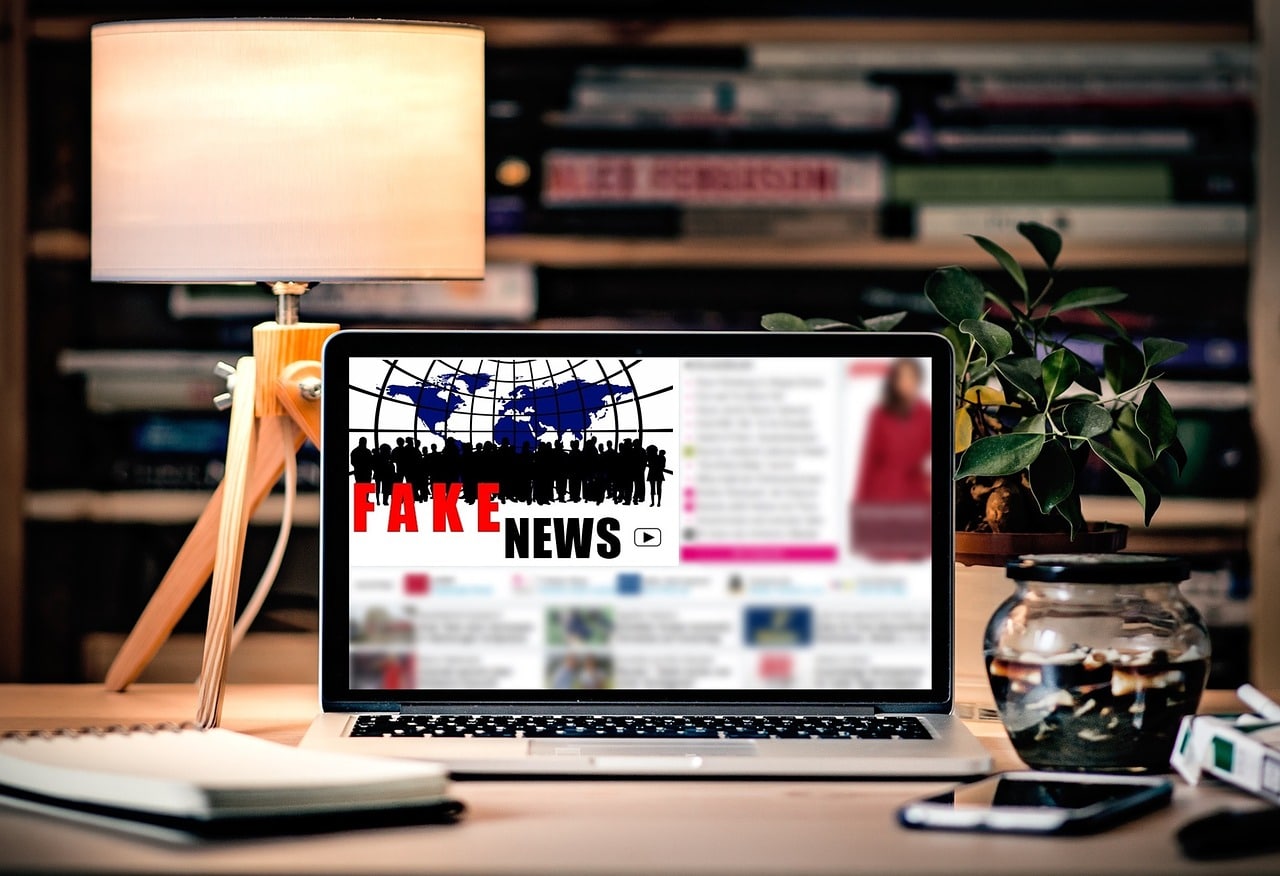
Where there is a great deal of free speech there is always a certain amount of foolish speech -- Sir Winston Churchill.
No other platform understands painfully the harm of fake news better than Facebook.
Since the U.S elections in 2016, Facebook has continued to struggle with the aftermath of the discovery of the weaponisation of the platform to disseminate false information in ways that may have affected the outcome of the U.S elections.
Under intense pressure from the U.S government, Facebook still grapples with how to approach this problem. From the complicated question, ‘what constitutes fake news?’ to ‘should the author of fake news be de-platformed?’ or ‘should fake news be deleted, or just flagged?’.
If Facebook still grapples with the problem of fake news, especially in these early days of the internet, governments must be more patient and thorough before passing hard laws that attempt to proffer simple, traditional solutions to new problems.
Suggested Read: Facebook, Twitter and differing approaches to curbing their influence on global politics
Despite the events of 2016, the U.S. has, rather than criminalise fake news, challenged Facebook and similar platforms to improve their fact checking capabilities.
The thought that people will be imprisoned just because of what they say is of course offensive to Americans who hold the freedom of speech as sacrosanct and as protected under the first amendment of the U.S. constitution.
We cannot deny the problem of fake news and the capacity for disinformation using social media. In fact, part of investigations into Facebook’s activities in 2016 indicts certain Nigerian parties in the use of the platform for the purpose of winning the 2015 election. Yet, this attempt at a blanket restriction of speech on social media on the basis of ‘hate speech’ or ‘fake news’ displays either a misunderstanding, or a dislike of social media use.
Experts on the phenomenon of fake news like africacheck.org suggest that increased enlightenment of users to enable detection of fake news and the development of healthy skepticism amongst users is a more sustainable path.
The problem of defining hate speech
Igbo people are crooks!
Is the above hate speech? What makes it hate speech? Is it hate speech because it offends a certain set of people or because it has the capacity to offend? If it is hate speech because it offends then I become an offender immediately someone claims offense.
If it is hate speech because of the capacity to offend then I might as well not dscuss anything serious online because it is the nature of any serious conversation that people will be offended.
And this is exactly the problem with criminalising offensive speech. Should I be imprisoned for calling someone ‘a fool’? Our laws will allow the offended party to retaliate with their own insult or sue for defamation if they show any reputational damage. This seems to me a reasonable compromise.
To elevate offence as a basis for imprisonment will breakdown discuss irretrievably. While it is sensible to see how hate speech --despite the difficulty with definition -- can be undesirable, criminalising it is much more dangerous not just because it ends up gagging speech but because we have to place the power to define hate speech in the hand of the last institution we should allow to do so… the government.
Government should not get to define what constitutes truth or hate speech.
Imagine a 7th blind man, this time with a gun and the power to decide what kind of speech is correct and proper!
If we agree that we are all blind then government should be the last institution to decide what constitutes hate speech.
If government, with the power of the gun, gets to decide what hate speech is, a sentence like “The President has done a terrible job” can be classified as hate speech by a zealous enforcement officer.
If that happens, we have a tyrannical dictatorship. This is a why the hate speech laws going through the legislative process is nothing short of dangerous.
Suggested Read: Benin Internet shutdown is yet another reminder that African governments don’t get digital rights
Since government does not have the monopoly of truth it must be willing to submit itself to the social townhall, make itself accountable and present its ideas for all to scrutinise as it should do in a true democracy.
The protection of free speech does not only grant individuals the right to speak freely; it forbids the government detracting from it.
People already suffer from consequences of their speech
There is freedom of speech, but I cannot guarantee freedom after speech -- Idi Amin
What is worse than lying; lying in front of the whole world. This is true of any type of inappropriate speech in a world where a post can be seen by millions in an instant.
The freedom to speak bears with it the responsibility to face the consequences of speech.
Those who dare may go on Twitter and scream ‘Yorubas are fools’. People have lost jobs, contracts and credibility for inappropriate speech on social media. A silly idea would be challenged by sounder ideas almost immediately.
Unlike many think, you cannot just slander someone, defame them or lie about them. You cannot incite people to crime. There are already all sorts of reasonable restrictions on free speech that are already codified in the Nigerian legal system.
This is why these social media bills going through the Nigerian legislative process should be viewed with reasonable suspicion.
Way forward
If the freedom of speech is taken away then dumb and silent we may be led, like sheep to the slaughter. -- George Washington
If Nigerian lawmakers are truly interested in fighting fake news and hate speech, they should exert more rigour into understanding the mechanics of social media platforms and how these platforms work to create the problems they seek to curb.
The viable approach involves establishing partnerships these platforms to create problem-solving programmes that are scalable and amenable over time. We cannot continue to adopt old methods for new problems.
The proposed laws take us nowhere but downwards towards restriction of speech and a detraction from the powers created through social media for the individual to criticise and hold the government accountable in ways not possible just 10 years ago.
Passing these proposed laws opens a road back to a dark past we have struggled to escape.
Without free speech no search for truth is possible... no discovery of truth is useful... Better a thousandfold abuse of free speech than denial of free speech. The abuse dies in a day, but the denial slays the life of the people, and entombs the hope of the race. -- Charles Bradlaugh

